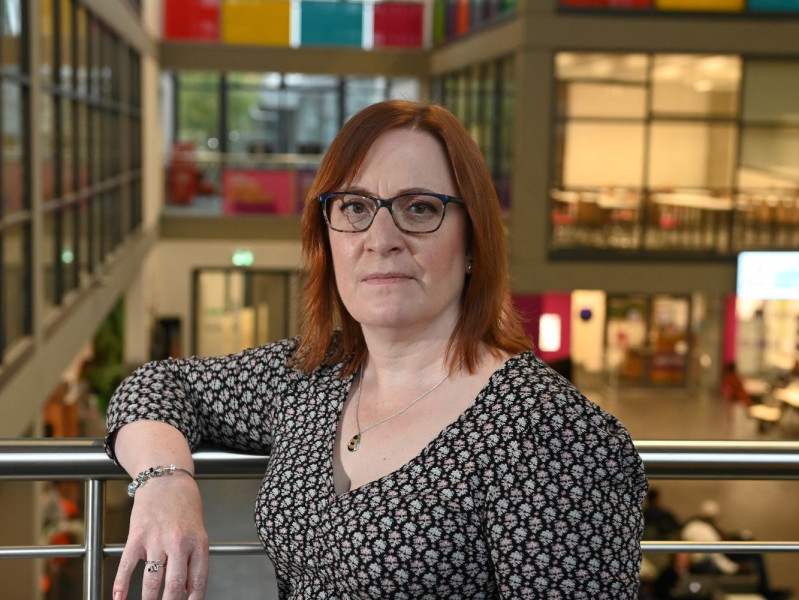RGU leads research on difficult decisions in end-of-life care
Monday 07 November 2022

Prominent cases in England involving Charlie Gard, Alfie Evans and most recently Archie Battersbee have all demonstrated that decision-making in paediatric end-of-life care can become fraught and, at worst, can result in intractable disputes between the parties.
Led by Dr Sarah Sivers, Academic Strategic Lead at Robert Gordon University’s Law School, the research will explore what kinds of dispute resolution methods would be best suited in Scotland – where a similar level of dispute escalating to a court case has yet to occur.
It is expected to take around eight months to complete and will involve speaking to parents, carers and healthcare professionals who care for children with life-limiting conditions in the NHS Grampian area in order to develop models to aid decision-making.
Funded by the NHS Grampian Endowment Fund, the project team is multi-disciplinary and includes Margaret Downie, also an Academic Strategic Lead at RGU’s Law School; Dr Heather Morgan at the Institute of Applied Health Sciences at the University of Aberdeen; and Professor Steve Turner from NHS Grampian’s Royal Aberdeen Children’s Hospital.
Dr Sarah Sivers, said: “Tensions tend to arise in the tragic circumstance when a child’s medical condition has reached a point where there are no longer any treatment options capable of improving their condition, and where death is sadly inevitable.
“Families are, entirely understandably, desperate to look for any other possible option. However, healthcare professionals are faced with a situation where the only appropriate medical decision is to move to end-of-life palliative care.
“We anticipate the research to have an impact on all those involved in decision-making about the care of children at such a difficult time. It will create a local resource for parents and NHS staff to reduce the chance of a case coming to court and help families and healthcare staff during extremely challenging conversations throughout Scotland”.
If agreement between parties on a course of action cannot be reached and the dispute becomes entrenched, the only option is to go to court for a decision as to what is in the child’s best interests – using a holistic view to determine all aspects of the child’s interests before reaching a decision.
Past examples south of the border have seen families seek experimental or continued treatment and explored the possibility of moving the child home or even abroad for further treatment.
A near five-month long dispute arose in the case of Archie Battersbee which involved the High Court, Court of Appeal and European Court of Human Rights, before Archie sadly passed away in August.
Judges in many of these cases have explicitly called for parties to engage in mediation in an attempt to resolve their dispute at an earlier stage, something this project team hopes to make more of a viable option going forward for affected parties in Scotland.
Professor Steve Turner, a Consultant at Royal Aberdeen Children’s Hospital, added: “Working collaboratively with both Robert Gordon University and University of Aberdeen enforces the importance of working together to produce impactful research which we’re sure will benefit families and healthcare professionals both locally and further afield”.
Image is of Dr Sarah Sivers. Credit: DC Thomson
